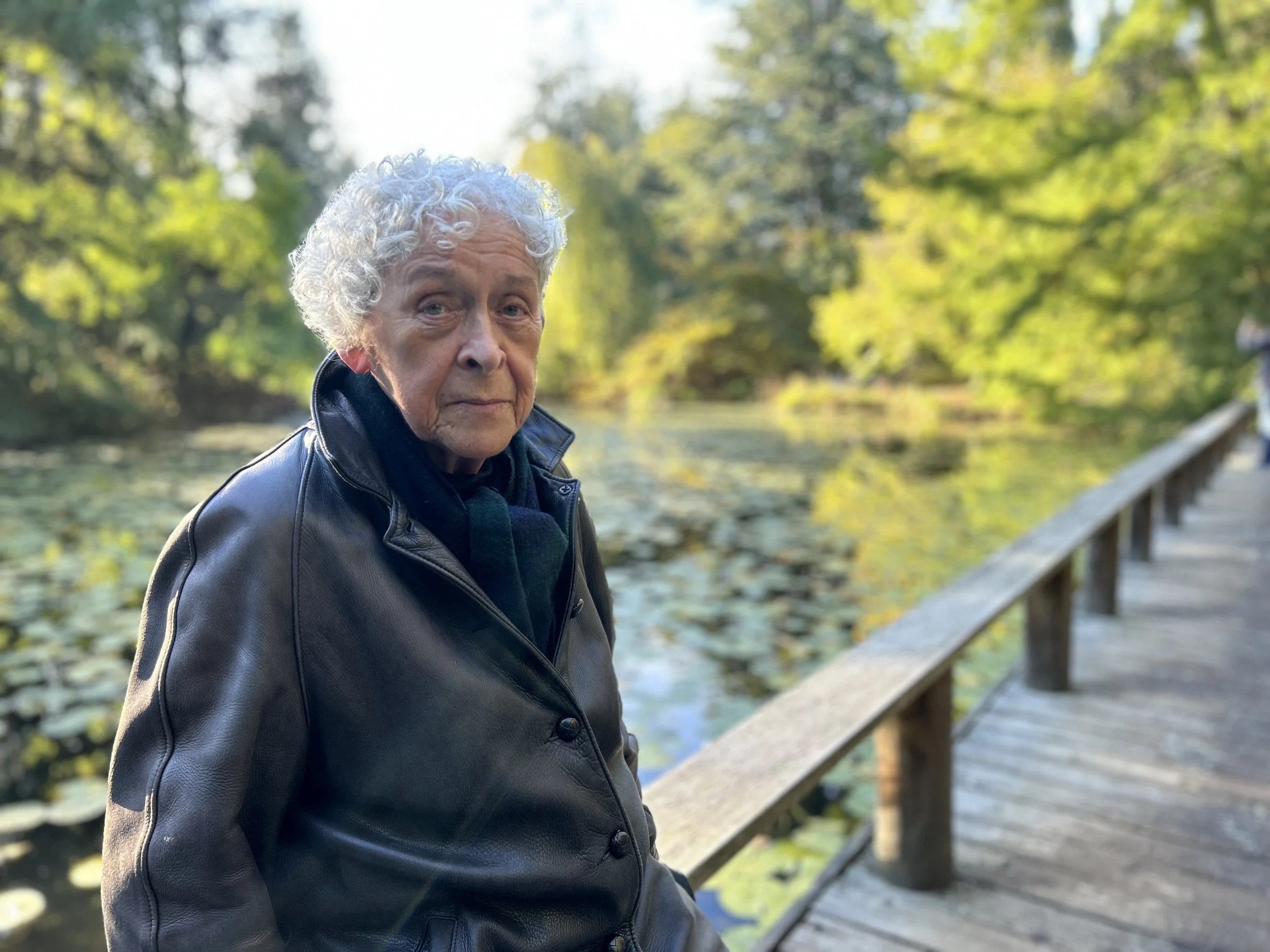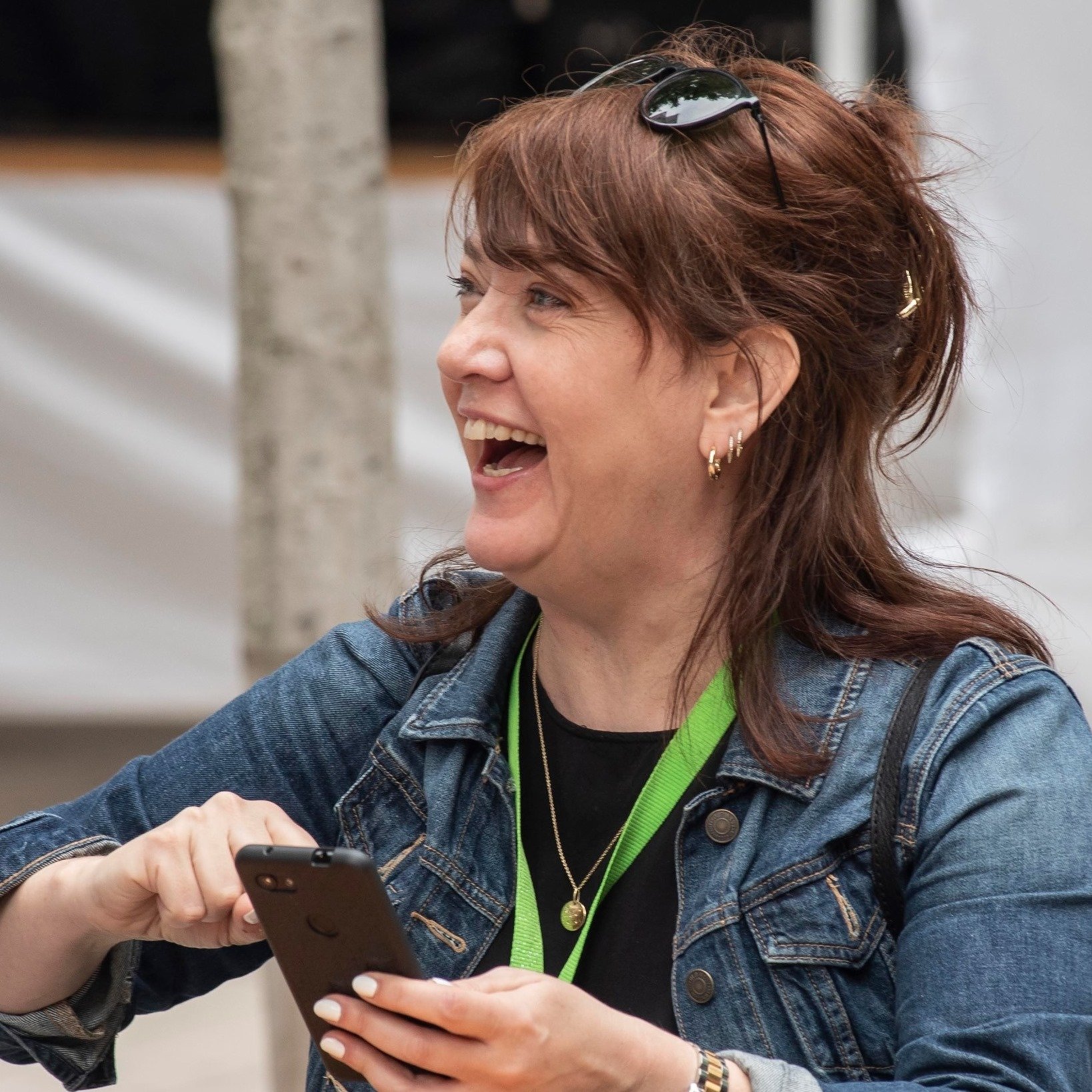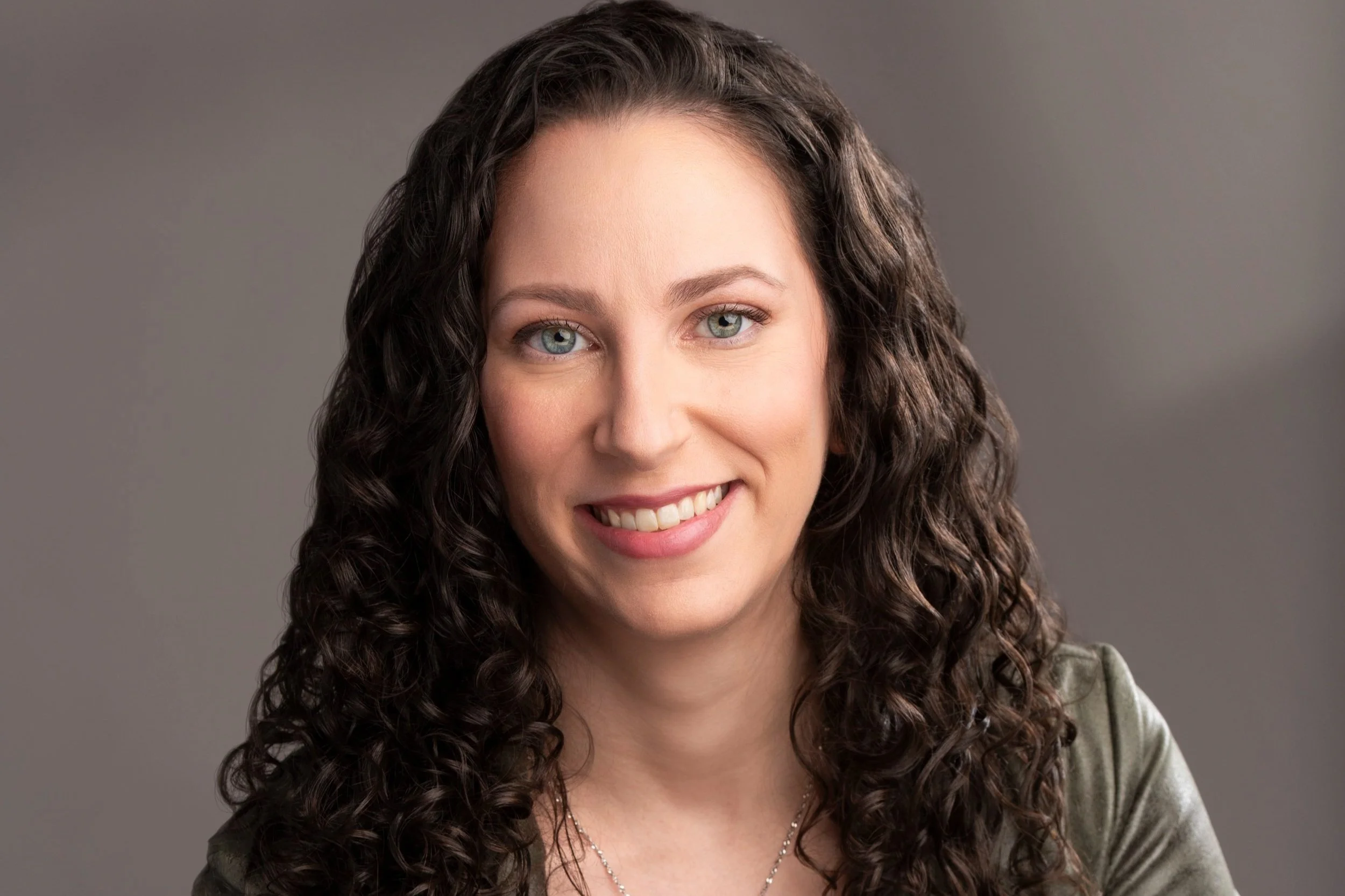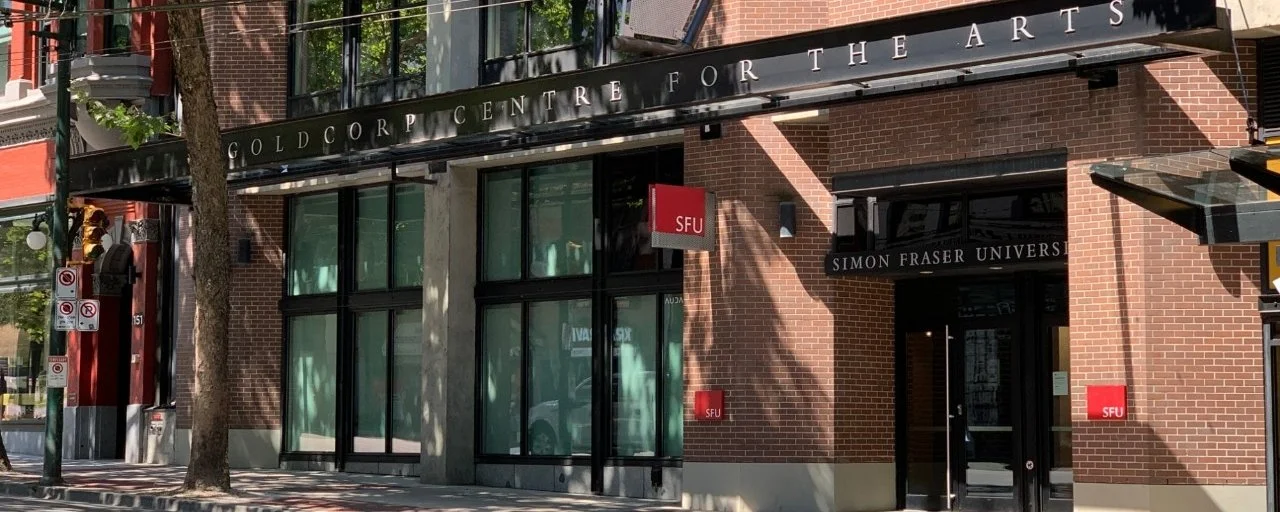Theatre artist Carmen Aguirre releases video indictment of cancel culture in stage community
Writer and actor calls for discourse instead of purge, in talk originally scheduled for PuSh Rally
“THE TIME OF the Great Purge”: those are the words actor, playwright, and author Carmen Aguirre uses to describe the climate of cancel culture in the theatre community right now, in a new video.
“I do not consent to being part of an arts community that engages in witch hunts of people who don’t think like me,” the core artist at Electric Company Theatre and prominent Latinx playwright behind shows like Blue Box and The Refugee Hotel says in the speech posted to YouTube. “I want the time that follows the Great Plague and the Great Purge to look like this: We keep people in, we educate people who we believe have views that are wrong and hurtful. We are okay working with people whose views we oppose. We accept and welcome productive conflict. We are radically democratic and free.”
She’s released the video, originally taped for the now-cancelled PuSh Rally symposium, as an individual. She recorded her “video essay” on the day before organizers Maiko Yamamoto and Marcus Youssef pulled the plug on the event after a community backlash over its programming. Aguirre tells Stir she had Yamamoto and Youssef’s blessing to release the essay (which you can access in its entirety below).
Aguirre says she decided to release it on her own, despite the cancellation of the festival rally, because the issue of social-media mobbing in the theatre scene is something she’s been concerned about for years.
“And way above and beyond that, there are many, many, many people in the theatre community who share these concerns,” she says. “They talk about it privately all the time and are afraid to air these concerns publicly for fear of being cancelled.”
Cancel culture has been one of the most dominant stories of the past few years, referring to the idea that a person can be “cancelled” — culturally blocked from having a prominent public platform or ousted from a career, usually in the wake of offensive behaviour or comments.
“There’s also a whole sector in the theatre community that denies that it exists,” Aguirre says. "I thought it was really important to name it and stand behind my belief that this is happening.”
In the video, Aguirre stresses that her fervent belief in the freedom of speech is rooted in her growing up amid rebellion against right-wing forces in Chile, Bolivia, and Argentina—experiences she’s documented both onstage and in books like Something Fierce. She also speaks about her firsthand experiences of being a person of colour in the theatre community, when she was often the “only racialized person in the room”.
She adds that using social media to kick someone out of the community risks sending them to the right wing.
Aguirre has spoken to Stir before about her concerns regarding cancellation culture. It was the main inspiration and subject behind Reframed, the recent collaborative work she helped create for Electric Company Theatre as part of the National Arts Centre’s Grand Acts of Theatre project.
Then, as now, she stressed there are times when social media is useful for calling for justice or equality. That is not what she is talking about in her newly released video essay, she says.
“The part that I find really troubling is when we’re having debate, mostly happening online, conflict is seen as abuse,” she says. “We’ve gotten to a place where we’re not able to have generative conflict….It’s this whole thing of weaponing our conversations.”
Off the top of the video, Aguirre expresses sadness that the PuSh Rally was cancelled. “Ironically the Rally was about gathering artists from around the world to talk about ‘How do we deal with conflict?’” she tells Stir.
The PuSh International Performing Arts Festival has seen controversy, on and outside of social media, ever since it cut the jobs of two high-profile women of colour last spring. That was followed by an announcement that artistic director Franco Boni had been let go. Some board members and performing artists have since left the fest. PuSh later assembled an advisory group to try to heal the organization, with the Rally a key offshoot of that process. In the fall, advisory committee member Camyar Chaichian referred to discussions taking place on social media. He told Stir, “I got a couple private messages about being on the advisory group—like ‘swift action needs to happen.’ No. We need to take our time with this stuff and to take a deep breath and hear each other out. That’s not going to happen in a Tweet or Facebook post….This is not a Pollyanna point of view. But if we’re talking about true, true dialogue, then it has to take time and has to be taken out of the instant-gratification realm of social media.”
In a statement on the PuSh site as well as Facebook, Yamamoto and Youssef reported that they received negative feedback from the theatre community about how they were approaching the programming of the fest’s Rally, but provided no specific details about those complaints. The PuSh fest is continuing with one event from that rally—a virtual discussion called Board Table Disruption on February 3—as well as a reduced series of mostly streamed events from January 28 to February 6.
Aguirre counts herself among the people trying to save the fest. “I think a lot of us are willing to do whatever it takes to keep it alive,” she says. “I’m really concerned, and I know that I speak for many of us in the community, not just in Vancouver but nationally and internationally, about what this cancellation of the Rally might mean for the future of PuSh.”
But in her video essay, Aguirre cites a different controversy that surrounded the co-artistic director of an unnamed Vancouver independent theatre company as an example of cancel culture. The incident, which she says happened last summer, saw weeks of social-media debate after the theatre artist posted a video that questioned the concept of white supremacy. The social-media backlash led to the departure of that person from the organization, she says in the video.
Aguirre chooses not to name the group or the individuals involved.
During BLM and anti-racism movements last summer, several Vancouver theatre companies saw a changing of leadership.
“Why do we expect everybody in our theatre to have the same ideology?”she asks in the video essay. “What does it mean to cancel a life?…Who will be next?”
Is Aguirre afraid she might herself become the subject of a cancel campaign by airing her views so publicly?
“I can honestly say I don’t care what people think of me,” she states. “I was in the Chilean resistance since the time I was 18. I put myself in extremely dangerous situations….I’m not afraid of a Vancouver online mob, precisely because I truly, truly don’t care. I don’t care what people think of me in my workplace.”














